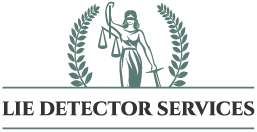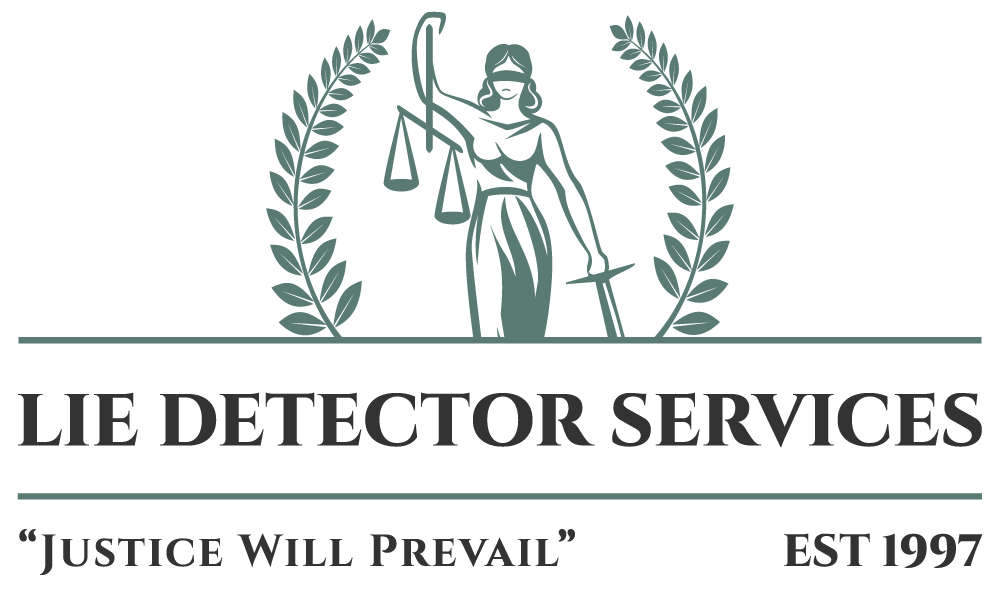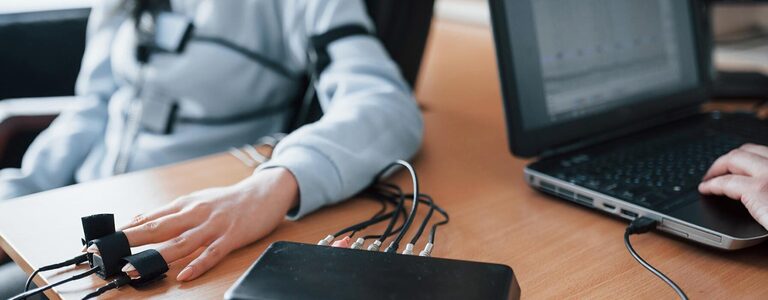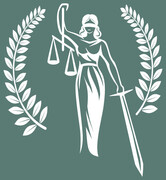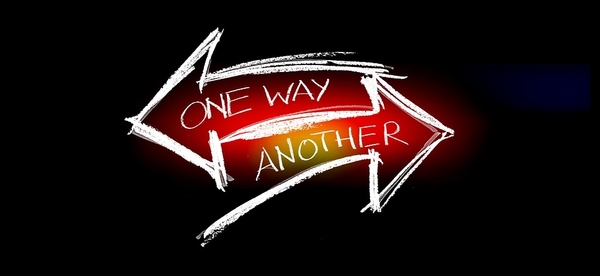
Polygraph or EyeDetect
Tuesday 13th December 2022
JT
Despite the fact it’s been exactly one hundred years since the polygraph was invented, during which time it has been in constant use with great success, this remarkable machine has still to receive backing from the court. Police forces use them, security agencies and many others use them. They are even used by couples wanting to know the truth about their partners so why the resistance from the courts.
Why are lie detector tests not used in court?
It’s not too difficult to understand. In most of the western world where English law is in use, there is one rule which is sacred and that is in any court proceedings, Even if there is only 1% doubt, the defendant must have the benefit of that doubt. Polygraphs or EyeDetect tets as they are, whilst very accurate, do not yet have an accuracy of 100% and whilst more than safely adequate for virtually any other task, the 1% doubt imposed by the court stands in the way.
Quite strange is the fact that the security agencies of many countries, including this one, use polygraphs to detect deception and keep the country safe. The USA was the first country to start polygraph testing in 1983 and since then has carried out thousands of successful tests, proving beyond shadow of doubt the efficacy and value of polygraph testing. Something known to the many thousands of people here in the UK, who each year seek the services of the polygraph examiner in order to find the truth and peace of mind over a troubling matter. But the polygraph is not just for security agencies or people with problems, it’s used extensively by large companies in screening new employees, detecting staff dishonesty and those being promoted to senior positions where again it has proven its extreme value.
Polygraph or EyeDetect
Undergoing a traditional polygraph involves a sometimes lengthy session with the examiner who is to run the test. During this session the client will explain the circumstances which have let up to the test and the examiner will formulate the questions which he will ask and which could take up to ninety minutes. With the test itself taking around half an hour, this gives a total time required of two hours. Following the accurate reviewing of the charts by the examiner results can be expected within twenty four hours.
With such a useful tool in the arsenal of truth seeking you would be forgiven for thinking that lie detection had reached its peak. Not so because in 1955 two scientists with backgrounds in clinical psychology proposed a lie detector test involving scanning of the eyes. The polygraph measures heart rate, blood pressure, skin conductance and respiration activity.
The method they proposed - which became known as EyeDetect, is very different, measuring involuntary changes in the eye brought about by cognitive load which relates to conscious mental activities such as thinking, understand and learning. These changes are considered virtually impossible to conceal. Further to this, an EyeDetect test takes only fifteen to thirty minutes, with results available in five minutes.
Accuracy is claimed to be just as good as that obtained from a polygraph test. However, at the moment we and many others have yet to be convinced. This reason alone is why our uptake of this new method of detecting lies and deception is progressing slowly.
Certainly EyeDetect is quicker to carry out but as with typing, speed without accuracy is of no use whatsoever. In many cases, time spent with an examiner is beneficial in that it can help people to relax, providing the best possible conditions for an accurate and successful report.
EyeDetect will, one day, be an acceptable method of lie detection and no doubt will be developed further with the passage of time. Until we are absolutely convinced of the accuracy and safety of this method we will continue to drag our heels and this caution as we move further into the 21st century is why we will continue to be the leaders in this specialist field, ensuring the most up to date tried and proven technology is available to our clients.
If you would like more information on either of these testing procedures, contact our dedicated Customer Support team today on 0800 774 7268 or visit us online. Let us see if we can help you resolve the issues that have been bothering you for so long.
